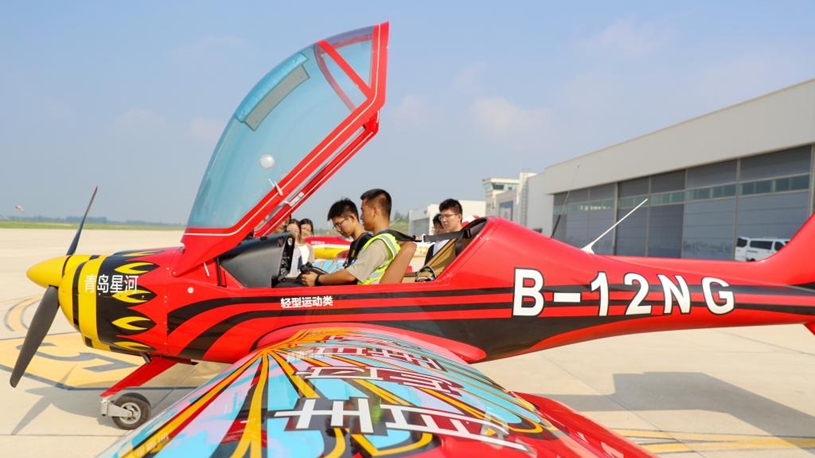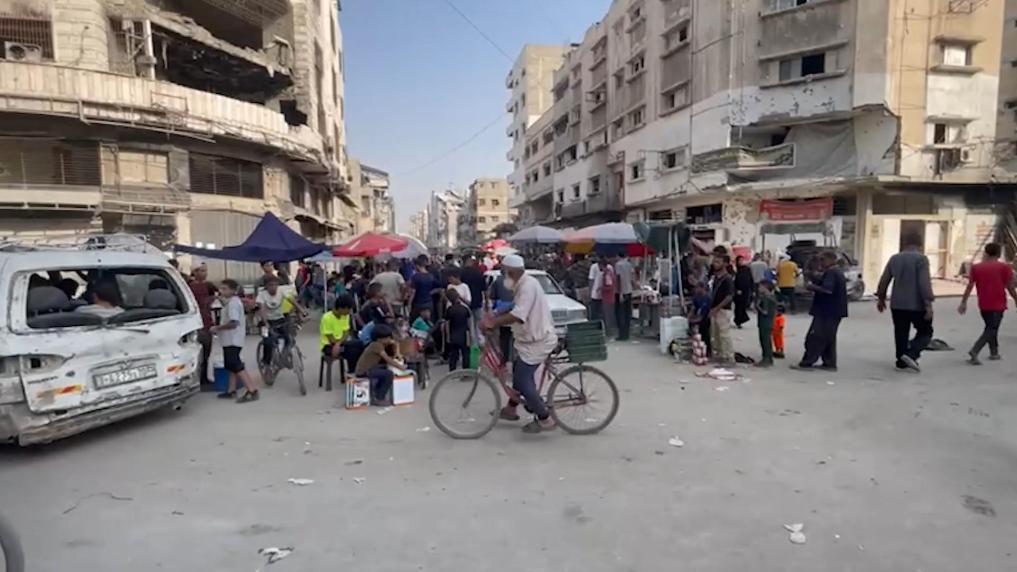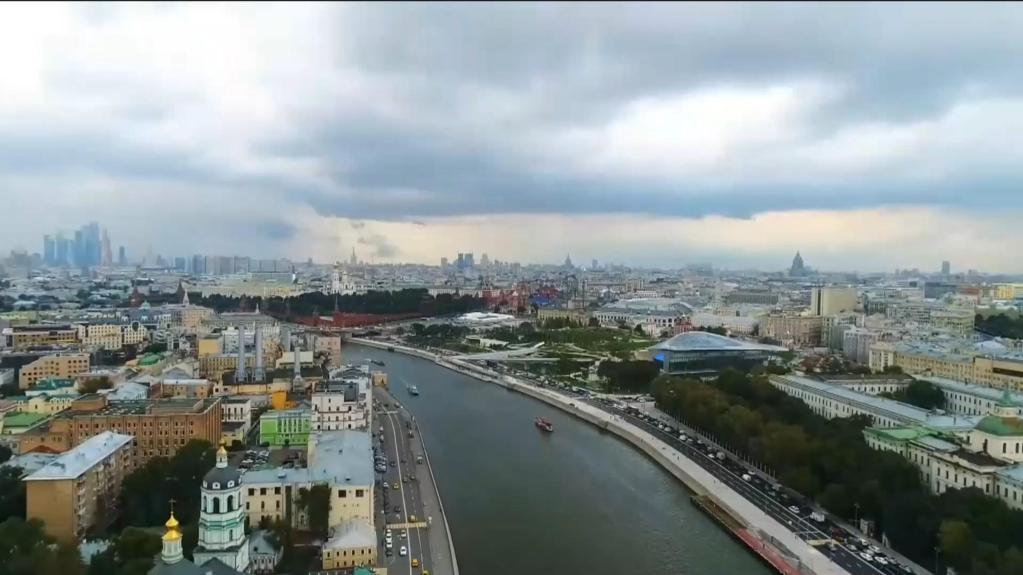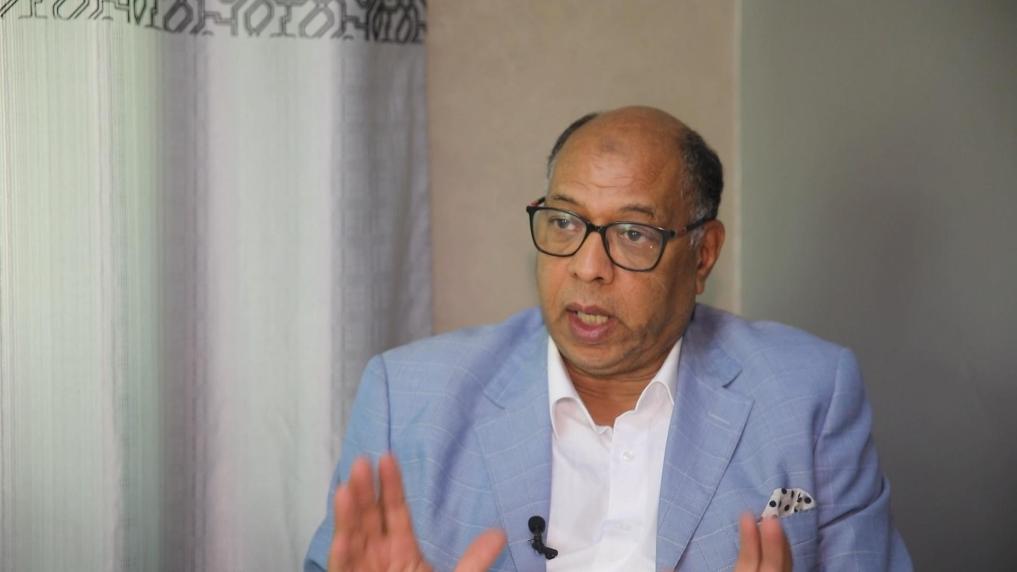Explainer: What to know about security guarantees under discussion for Ukraine?
Source: Xinhua
Editor: huaxia
2025-08-25 17:53:17
NATO Secretary General Mark Rutte outlined that the guarantees would rest on two layers. The first would be to make the Ukrainian Armed Forces "as strong as possible" to defend Ukraine after a peace deal or long-term ceasefire is reached, while the second layer "has to be the security guarantees provided by Europe and the United States."
Russia has repeatedly said it opposes any NATO forces in Ukraine and favors principles of "collective and indivisible security."
MOSCOW/KIEV, Aug. 25 (Xinhua) -- Ukrainian President Volodymyr Zelensky said on Saturday that new developments on security guarantees for the country would be ready "in the coming days."
The security measures have emerged as part of renewed diplomatic efforts to end the Ukraine crisis, and a key topic during the White House talks on Aug. 18 between U.S. President Donald Trump and Zelensky, along with seven European leaders.
WHO MIGHT PROVIDE GUARANTEES?
"At present, the teams of Ukraine, the United States, and European partners" are working on the architecture of the security guarantees, Zelensky said on the social platform X.
At a press conference with Zelensky on Friday, NATO Secretary General Mark Rutte said that during their meeting with Trump, the U.S. president had made clear that Washington will be involved in providing security guarantees for Ukraine.
"Robust security guarantees will be essential -- and this is what we are now working to define," Rutte added.
Despite a clear indication of U.S. involvement from Rutte, U.S. news outlet Politico reported Wednesday that Washington plans to play a minimal role in any Ukraine security guarantees, citing U.S. Defense Department Undersecretary for Policy Elbridge Colby.
WHAT COULD THEY INCLUDE?
On Friday, Rutte visited Ukraine to lay out the framework of the security guarantees with Zelensky.
Zelensky called for "Article 5-like guarantees," similar to the defense provision of NATO's founding treaty. The article specifies that an attack on one member of NATO is an attack on them all and requires a collective response.
He also aimed for an architecture specifying "which countries assist us on the ground, which are responsible for the security of our skies, which guarantee security at sea and support Ukraine."
Funding for the Ukrainian army to boost the country's defense should also be included, the president added.
With discussions "now ongoing at many levels," Rutte said that it is "too early to exactly say what will be the outcome." But he said the guarantees should be "holding," unlike previous arrangements.
Rutte outlined that the guarantees would rest on two layers. The first would be to make the Ukrainian Armed Forces "as strong as possible" to defend Ukraine after a peace deal or long-term ceasefire is reached, while the second layer "has to be the security guarantees provided by Europe and the United States."
Even before the renewed diplomatic efforts to end the conflict, some European countries had floated the idea of sending "peacekeepers" to Ukraine as part of a security pact.
During his visit to Kiev on Sunday, Canadian Prime Minister Mark Carney said that Canada, a NATO member, is not excluding the possibility of sending troops to Ukraine as part of security guarantees.
Trump on Tuesday ruled out sending U.S. troops to Ukraine during an interview with Fox News, but suggested that he was open to providing air support there.
In an interview with NBC released on Sunday, U.S. Vice President JD Vance confirmed that the U.S. administration will not send troops to Ukraine, but at the same time, it will "continue to play an active role in trying to ensure that the Ukrainians have the security guarantees and the confidence they need to stop the war on their end."
RUSSIA'S STANCE
After his talks with Trump on Aug. 15 in the U.S. state of Alaska, Russian President Vladimir Putin said that he agreed with Trump that Ukraine's security must be ensured by all means.
"Of course, we are ready to work on this," the Kremlin quoted Putin as saying.
Russia has repeatedly said it opposes any NATO forces in Ukraine and favors principles of "collective and indivisible security," a phrase in Russian political jargon generally understood as meaning that a state's security cannot be achieved at the expense of another's.
Russian Foreign Minister Sergei Lavrov said in an NBC interview released Sunday that Ukraine's security guarantees "must be subject to consensus." Earlier on Wednesday, he said discussing security guarantees for Ukraine without Russian involvement is "a road to nowhere."
On Thursday, the foreign minister said the West is proposing the provision of security guarantees through foreign military intervention to some part of Ukraine, which will be "absolutely unacceptable" for Russia. ■













Comments